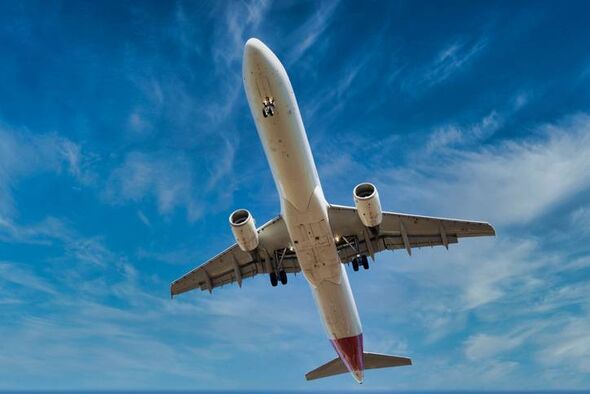New Visa Integrity Fee Could Impact International Travelers
President Donald Trump’s economic blueprint, known as the “Big Beautiful Bill,” contains a provision that could have significant implications for international tourism in the United States. This provision introduces a new “visa integrity fee” that foreign visitors will be required to pay upon entering the country. The move comes as the U.S. tourism sector continues to face challenges due to Trump’s strict immigration policies.
The One Big Beautiful Bill Act, which Trump signed into law earlier this month, mandates that foreign travelers pay a $250 fee during the U.S. fiscal year 2025, which runs from October 1, 2024, to September 30, 2025. However, the specifics of how this fee will be collected and whether it can be reimbursed remain unclear. A spokesperson for the U.S. Travel Association told CNBC that this lack of clarity has created “significant challenges and unanswered questions regarding implementation.”
The fee is set at $250 per visa, but the legislation grants the Secretary of Homeland Security the authority to increase the fee if needed. After the 2025 fiscal year, the fee will be adjusted to account for inflation. This change is expected to affect a wide range of travelers, including tourists, business professionals, and international students.
Certain travelers, such as those from Australia, Japan, and many European countries, may be exempt under the Visa Waiver Program. However, the fee will only be charged once a visa is issued, meaning that applicants who are denied a visa will not be required to pay. It is also important to note that this new fee will not replace existing visa fees but will be an additional charge on top of them.
For example, an H-1B worker who currently pays a $205 application fee may now need to pay a total of $455 once the new fee is in place. Additionally, the $250 fee will be added to the “Form I-94 fee,” which was increased from $6 to $24 under Trump’s economic plan. This fee must be paid by anyone required to submit a Form I-94 arrival and departure record, which applies to most international travelers.
Travelers may be eligible for reimbursement if they meet certain conditions, such as not accepting unauthorized employment and not overstaying their visa by more than five days. However, the process for reimbursement is still uncertain, and the Congressional Budget Office (CBO) has noted that it may take several years for the Department of State to implement a system for processing refunds.
According to Steven A. Brown, a partner at the Houston-based immigration law firm Reddy Neumann Brown PC, the fee has not yet been implemented, and it remains unclear when the Department of Homeland Security will begin collecting it. He suggested that the fee should be considered nonrefundable, stating, “If you get it back, great. But it is usually difficult to get money back from the government.”
The U.S. Travel Association has raised concerns about how the fee will be collected, noting that the Department of Homeland Security does not oversee the visa application, issuance, or renewal process. A spokesperson for the department explained that cross-agency coordination is necessary before the fee can be implemented.
Despite these uncertainties, the Department of Homeland Security has stated that the visa integrity fee is part of a broader effort to restore integrity to the U.S. immigration system. As the details of the fee continue to unfold, travelers and businesses alike will be closely watching for updates on its implementation and impact.



